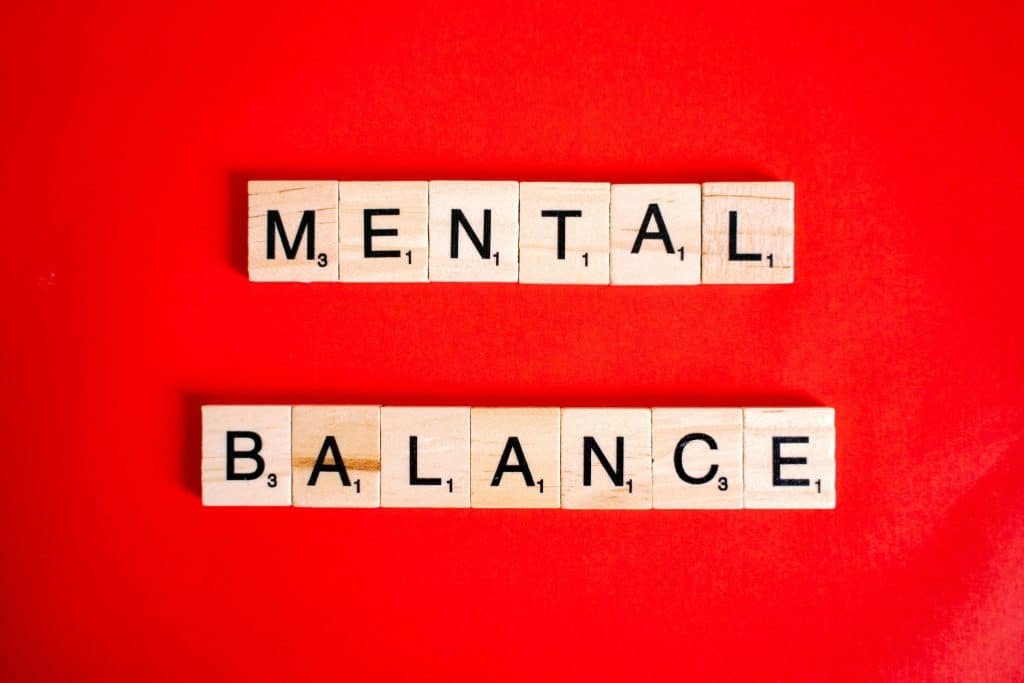In recent years, mental health has rightfully taken center stage in conversations about well-being, productivity, and quality of life. While many focus on therapy, medication, or mindfulness practices, a crucial yet sometimes overlooked factor is the role of rest and recovery in mental health. Emerging research and trends emphasize how intentional rest—not just sleep but also recovery periods—are vital for maintaining and improving mental well-being.
This article explores the growing recognition of rest and recovery as foundational pillars for mental health, how they influence brain function and emotional resilience, and practical ways to incorporate restorative practices into daily life.

Why Rest and Recovery Are Essential for Mental Health
Mental health isn’t simply the absence of mental illness—it encompasses emotional, psychological, and social well-being. The brain requires periods of rest to consolidate memories, process emotions, and regulate mood. Without adequate recovery, mental fatigue, anxiety, and depression risk increase.
A 2023 study published in The Lancet Psychiatry highlights that insufficient rest correlates strongly with higher rates of burnout and cognitive impairment across diverse populations (Smith et al., 2023). This connection has fueled a broader conversation about how modern lifestyles—characterized by constant connectivity and high demands—threaten essential rest cycles.
Understanding Different Types of Rest for Mental Health
Rest is not one-dimensional. Experts categorize rest and recovery into several types, each contributing uniquely to mental well-being:
- Physical Rest: Replenishing the body through sleep and breaks from physical exertion.
- Mental Rest: Pausing cognitive tasks to reduce mental fatigue.
- Emotional Rest: Having space to express feelings without judgment or pressure.
- Social Rest: Time away from social interactions to recharge.
- Sensory Rest: Reducing exposure to screens, noise, and other stimuli.
According to Dr. Saundra Dalton-Smith, author of Sacred Rest, balancing these types is critical for restoring energy and preventing mental overload (Dalton-Smith, 2021).
How Rest and Recovery Improve Brain Function
Enhancing Cognitive Performance
Rest supports memory consolidation and learning. The brain processes experiences during sleep and downtime, which enhances focus and decision-making. The National Institute of Mental Health reports that quality sleep and rest improve attention span and problem-solving skills (NIMH, 2023).
Regulating Emotional Responses
Recovery periods allow the brain’s emotional centers to reset, reducing reactivity and improving mood stability. Chronic rest deprivation heightens stress responses, contributing to anxiety and depression (Harvard Health Publishing, 2022).
Supporting Neuroplasticity
Neuroplasticity—the brain’s ability to adapt and form new connections—is influenced by rest. Recovery phases facilitate this process, enabling greater flexibility in thinking and emotional resilience.
Emerging Trends: Integrating Rest into Mental Health Strategies
Workplace Wellness Programs
Many companies are incorporating rest-focused policies such as mandatory breaks, nap rooms, and flexible work schedules. For example, research from the World Health Organization (WHO) shows that workplaces promoting rest have 20% lower rates of employee burnout and mental health claims (WHO, 2024).
Digital Detox Movements
With screen time reaching all-time highs, digital detoxes offer a form of sensory rest. Emerging trends promote scheduled offline periods to reduce sensory overload and improve mental clarity.
Mindful Rest Practices
Practices like meditation, guided relaxation, and breathing exercises are gaining traction as tools to cultivate mental rest during the day, distinct from sleep but equally restorative.
Practical Ways to Prioritize Rest and Recovery for Better Mental Health
Integrating rest and recovery doesn’t require drastic lifestyle changes. Here are practical steps:
- Establish Consistent Sleep Patterns: Aim for 7-9 hours of quality sleep, prioritizing bedtime routines.
- Schedule Regular Breaks: Use techniques like the Pomodoro method (25 minutes work, 5 minutes rest) to avoid cognitive fatigue.
- Create Emotional Safe Spaces: Allow yourself time to acknowledge and process emotions without rushing.
- Limit Screen Exposure: Set boundaries around device use, especially before bedtime.
- Practice Relaxation Techniques: Incorporate breathing exercises, meditation, or gentle stretching into daily routines.
- Respect Social Boundaries: Balance social interactions with solitude to recharge.
- Engage in Physical Recovery: Include rest days in exercise routines to support both body and mind.
Overcoming Barriers to Rest in a Busy World
Despite its importance, rest often gets deprioritized due to work pressures, societal expectations, and personal habits. To overcome these challenges:
- Reframe Rest as Productivity: Understand that rest fuels mental capacity, making you more effective.
- Set Boundaries: Communicate your rest needs clearly with colleagues, friends, and family.
- Use Technology Wisely: Leverage apps that remind you to take breaks or track sleep patterns.
- Practice Self-Compassion: Give yourself permission to rest without guilt.
Conclusion
The role of rest and recovery in mental health is becoming increasingly evident as a critical component of overall well-being. Incorporating diverse forms of rest into daily life enhances cognitive function, emotional regulation, and resilience against stress. As mental health continues to be a top priority globally, embracing rest not as a luxury but as a necessity will help individuals and organizations thrive in the face of modern challenges.
By adopting practical strategies and acknowledging rest’s multifaceted nature, you can support your mental health and create a sustainable foundation for success.
References
- Smith, A. et al. (2023). The impact of rest deprivation on mental health outcomes. The Lancet Psychiatry. https://www.thelancet.com/journals/lanpsy/article/PIIS2215-0366(23)00075-9/fulltext
- National Institute of Mental Health (NIMH). (2023). Sleep and mental health. https://www.nimh.nih.gov/health/topics/sleep-disorders
- Harvard Health Publishing. (2022). The effects of sleep deprivation on mental health. https://www.health.harvard.edu/newsletter_article/sleep-and-mental-health










 How Time Management Boosts Personal and Professional Success
How Time Management Boosts Personal and Professional Success 

